


Scheduled to start operating in 2028 at the Brazilian Center for Research on Energy and Materials (CNPEM) in Campinas (São Paulo state), the lab will enable researchers for the first time in Latin America to study viruses classified as class 4, the highest category of biological risk.
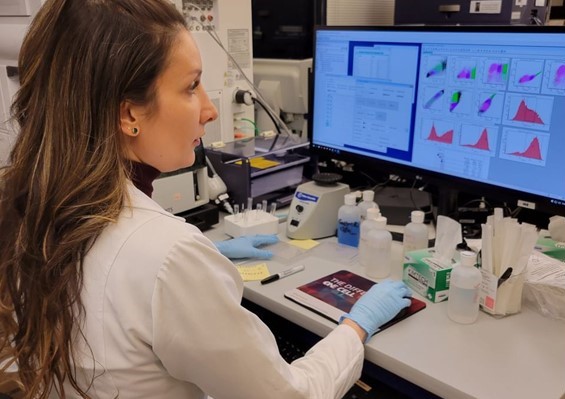
Discovery of a new viral evasion mechanism, and of a monoclonal antibody that subverts it, is an advance in immunotherapy offering the prospect of effective host-directed treatment to combat infections.

In an article published in Nature Medicine, a group at the State University of Campinas stresses that Yanomami children are suffering the most severe nutritional deficit of any Indigenous community in the Americas and warns of long-term consequences for health.
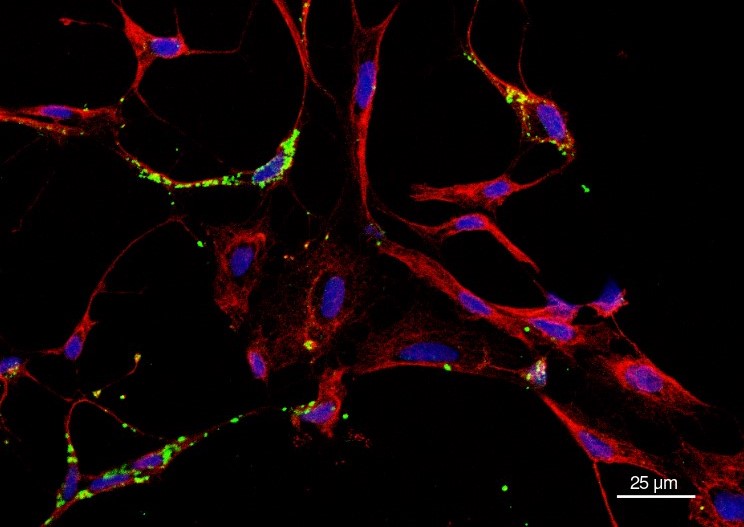
According to the authors of the study, infection by one virus was expected to afford protection against the other, preventing co-circulation. They warn of the risk of transmission of Mayaro in urban areas owing to deforestation and advocate more effective epidemiological surveillance.
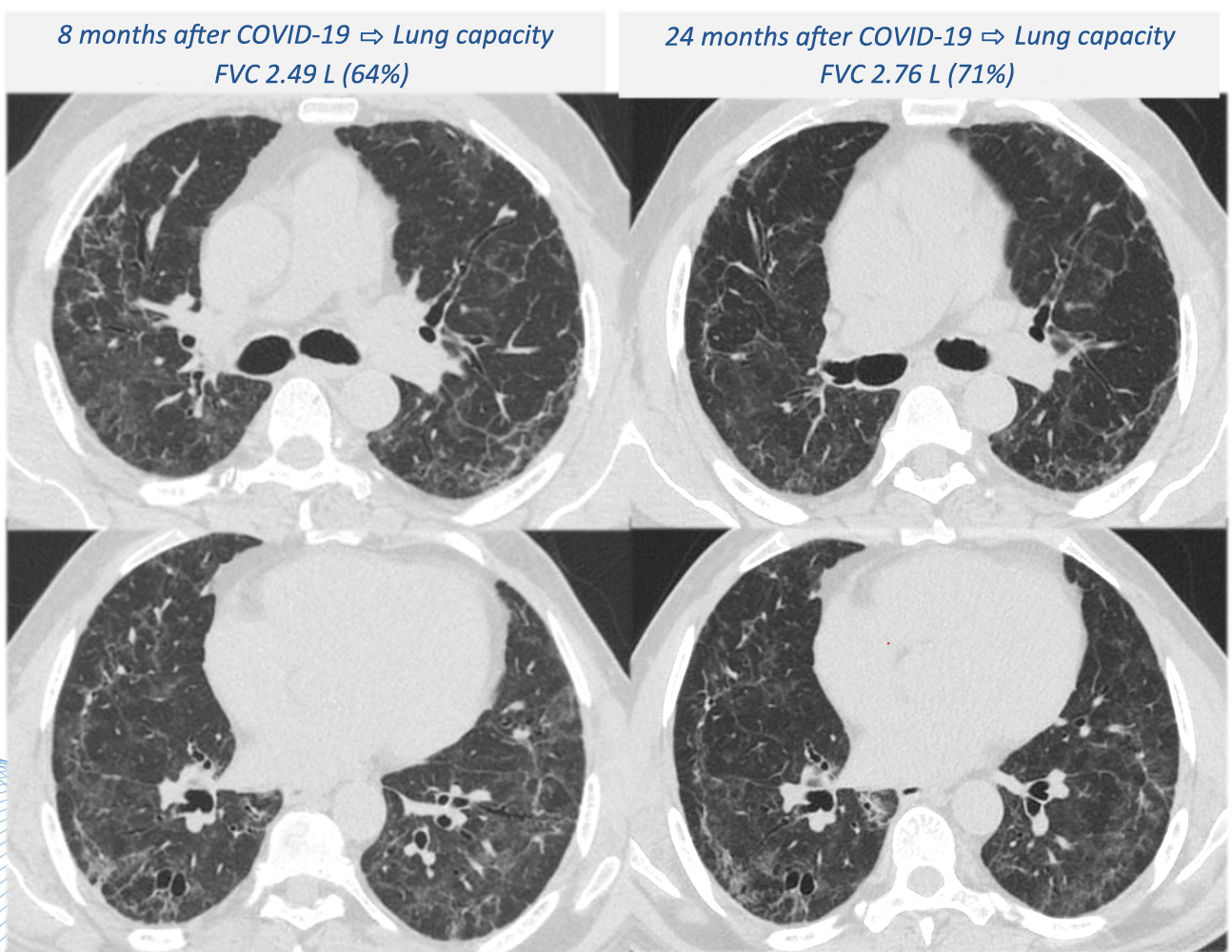
A Brazilian study assessed 237 patients treated at the University of São Paulo’s general and teaching hospital. The researchers found that 92% still had lung damage two years after discharge, with fibrosis (33% of cases) arousing most concern.
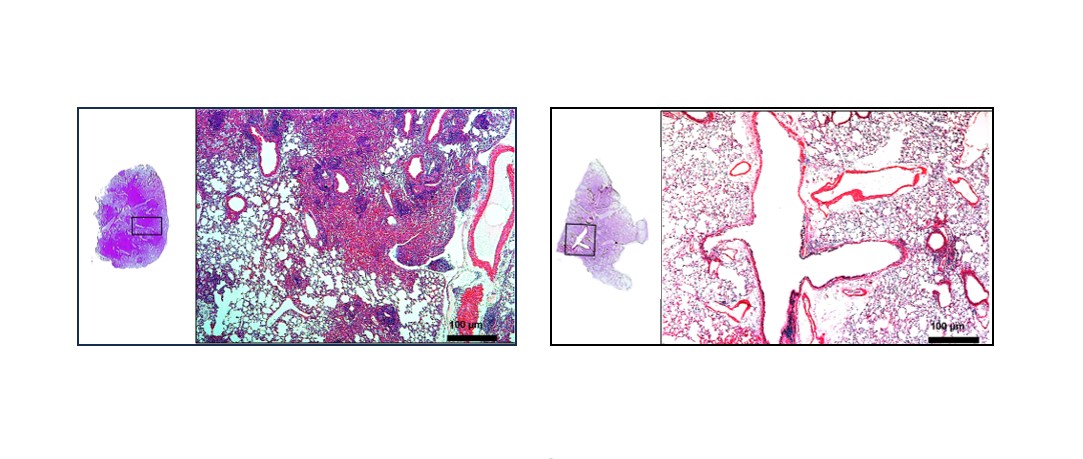
Researchers from the Butantan Institute and collaborators reveal why recombinant BCG induces a stronger and longer-lasting response than the conventional vaccine.
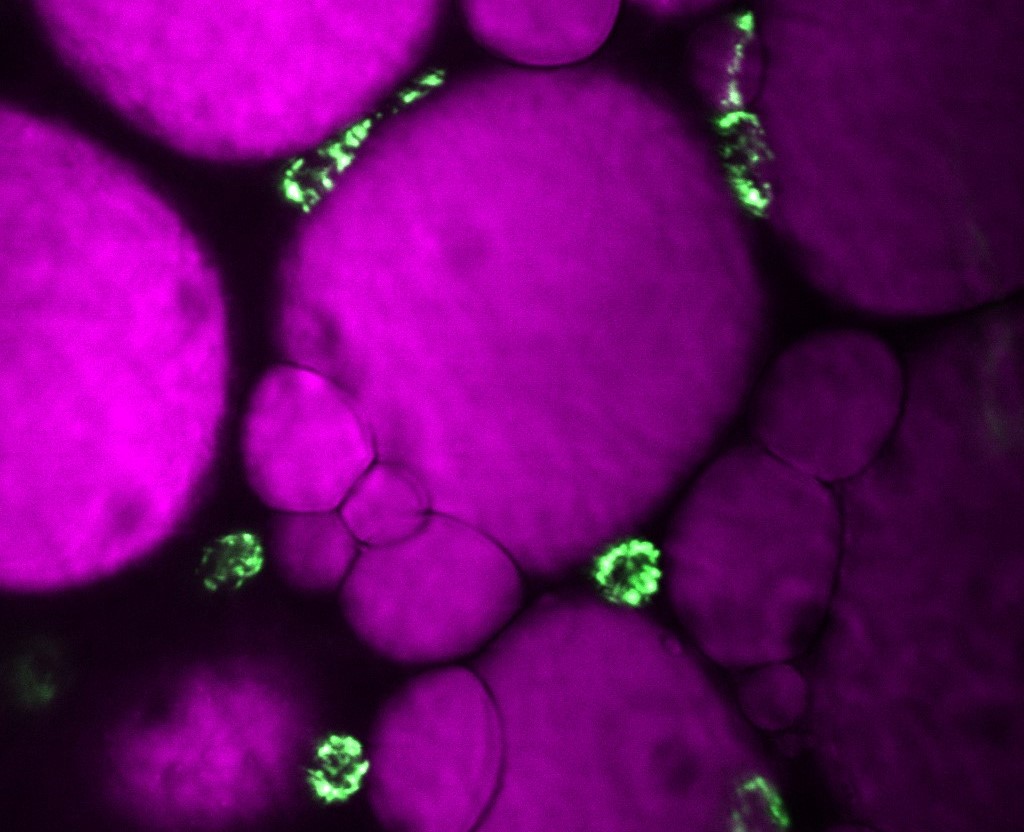
By analyzing samples from obese non-diabetics, researchers from the State University of Campinas found that high blood levels of saturated fatty acids cause pre-activation of innate immune cells that, when infected with SARS-CoV-2, produce elevated levels of inflammatory molecules. Results were presented during FAPESP Week China.
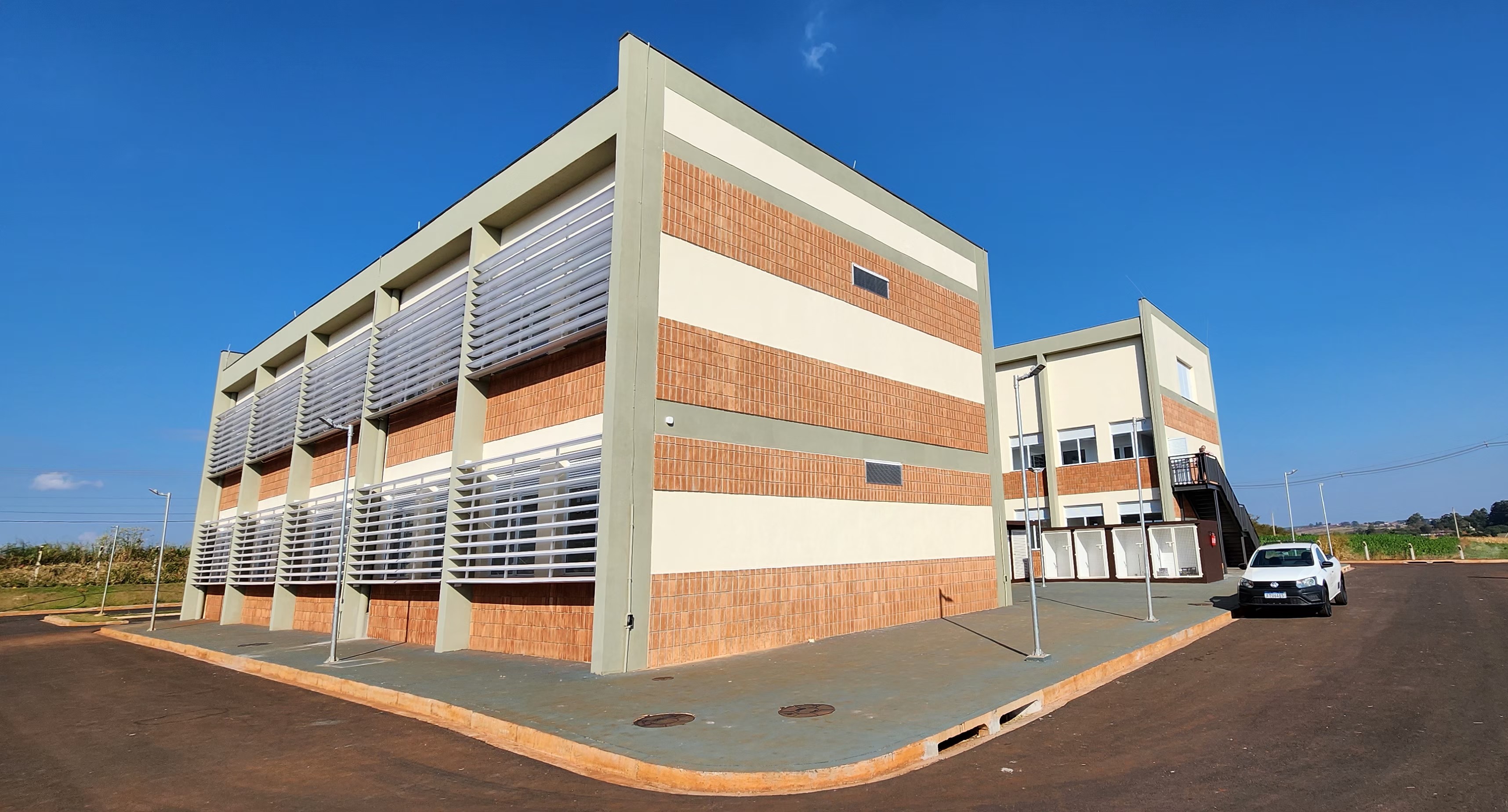
Located in Botucatu, the plant will perform outsourced medical drug development and production services for pharmaceutical companies, biotechs and other research institutions, complying with best manufacturing practices.

In a study conducted by Brazilian researchers, blood levels of an amino acid called homocysteine correlated with the development of a disease that affects a third of the inhabitants of São Paulo city.
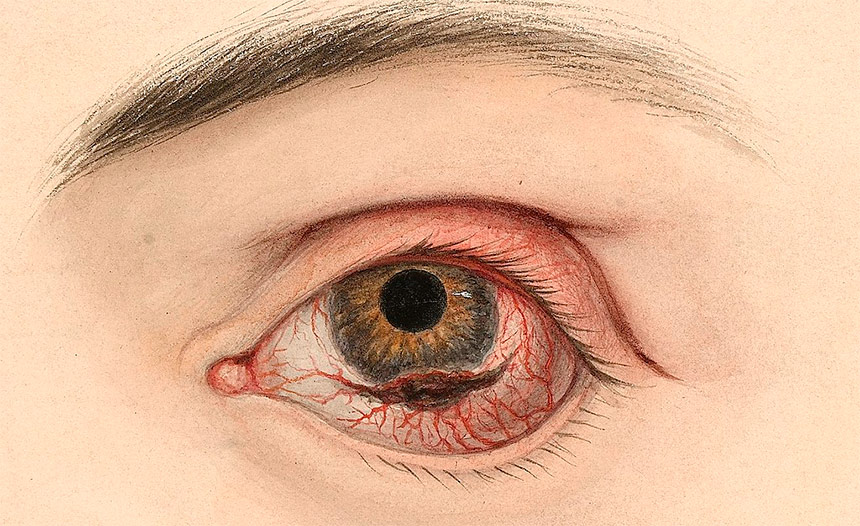
The study is the first to show that femtosecond pulsed laser irradiation is effective and safe in mice with induced ocular melanoma, paving the way for minimally invasive targeted treatment of the disease in future.
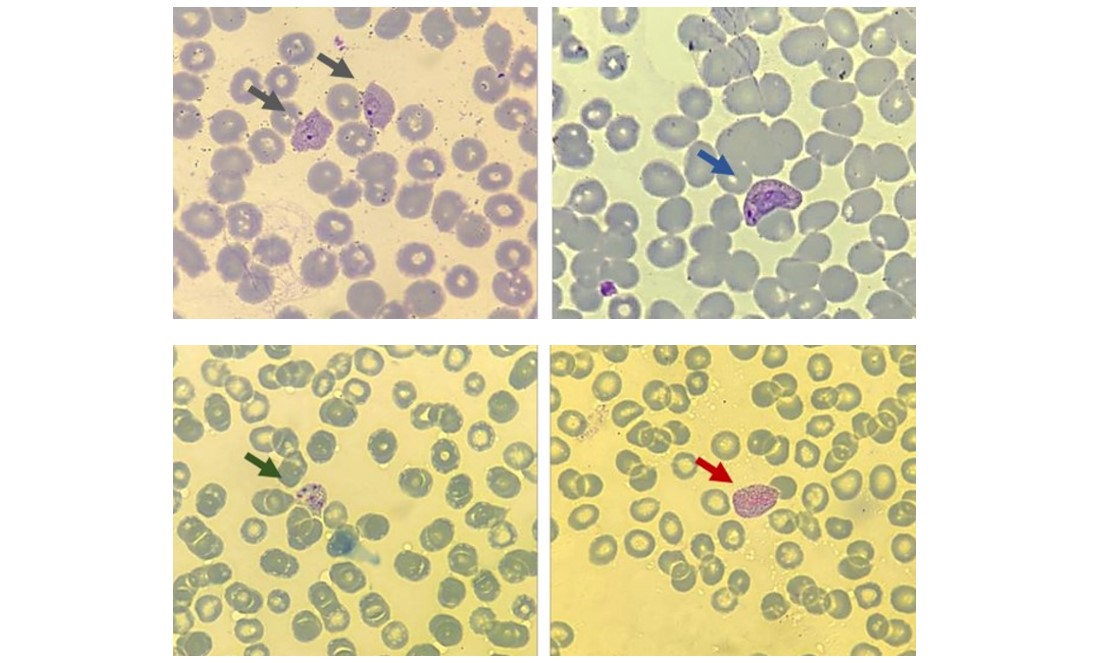
As described in Scientific Reports, the study involved analysis of blood samples from volunteers infected by Plasmodium vivax, which produces forms that lie dormant in the host and can be reactivated months after treatment. The findings will help detect and diagnose these forms, with significant potential to enhance control and treatment of the disease in future.
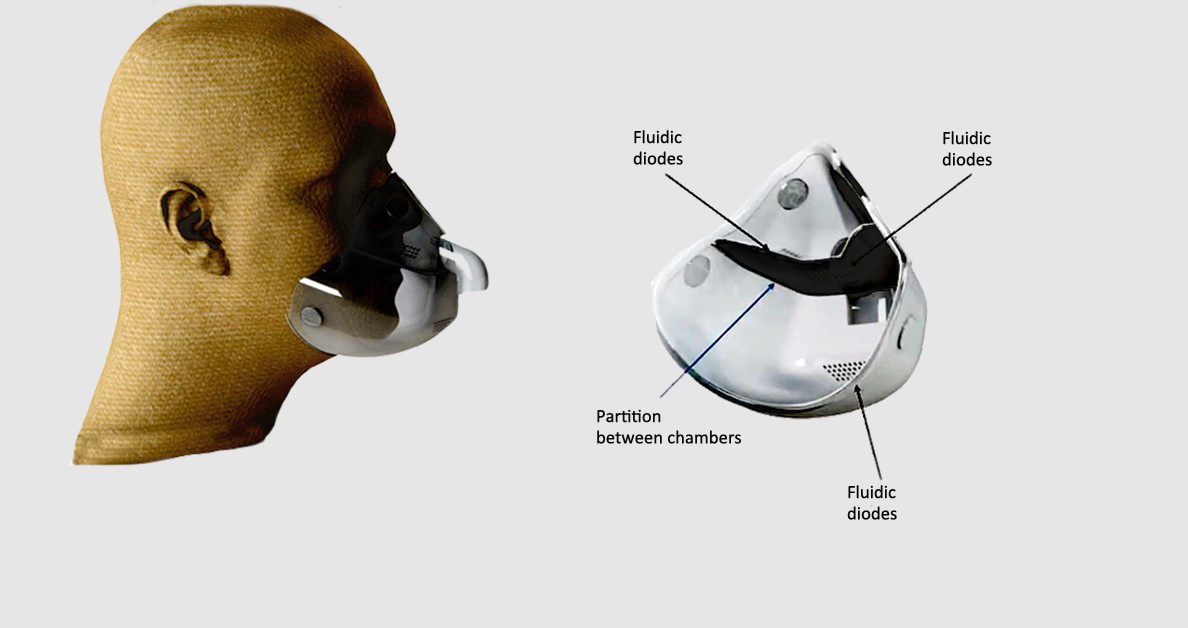
Innovation stems from a project on gas turbines conducted at the Engineering School and could make the use of CPAP more comfortable.
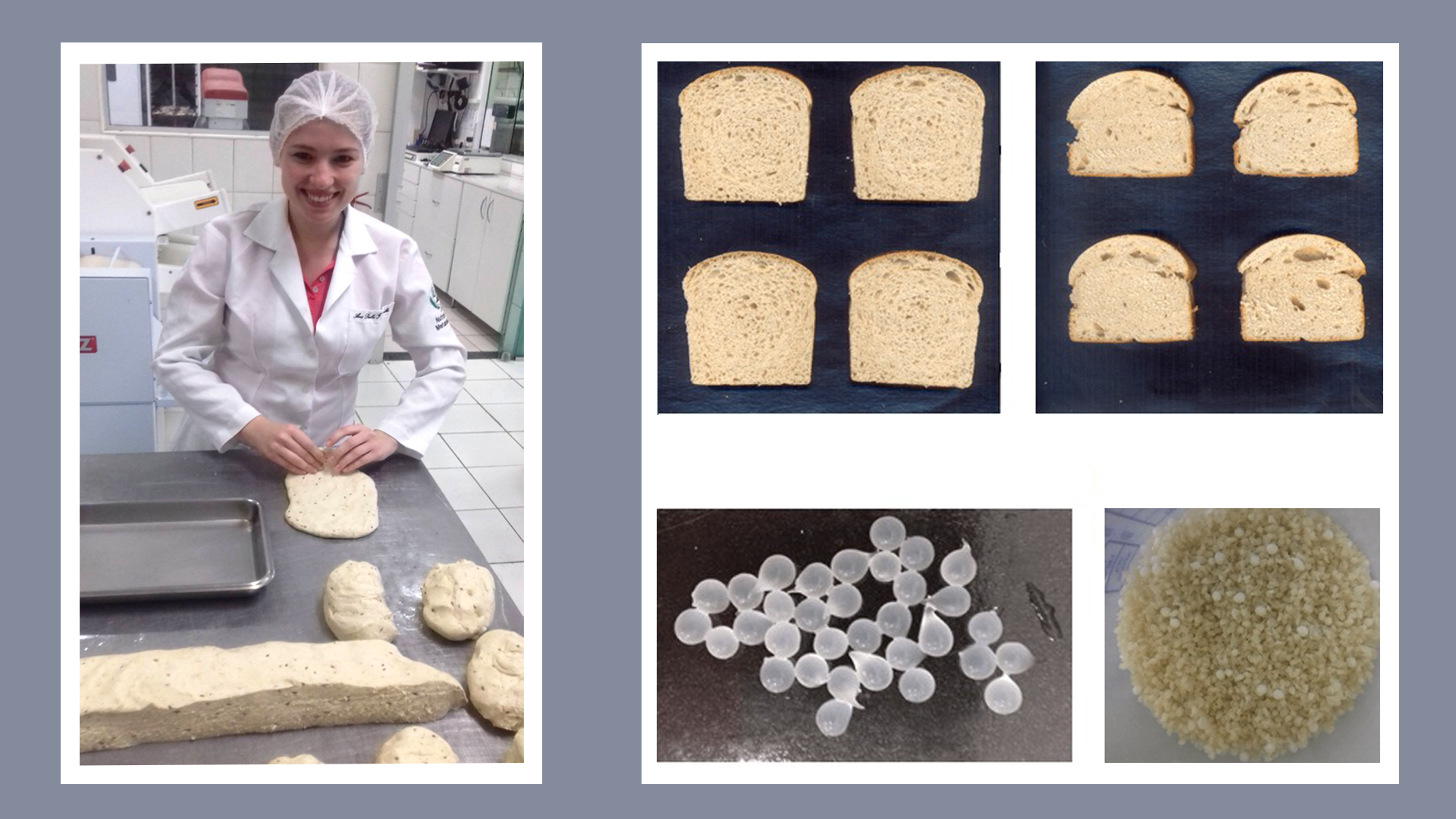
Bread produced with probiotic yeast performed well in experiments with mice, showing potential to combat asthma, which affects 20 million Brazilians.
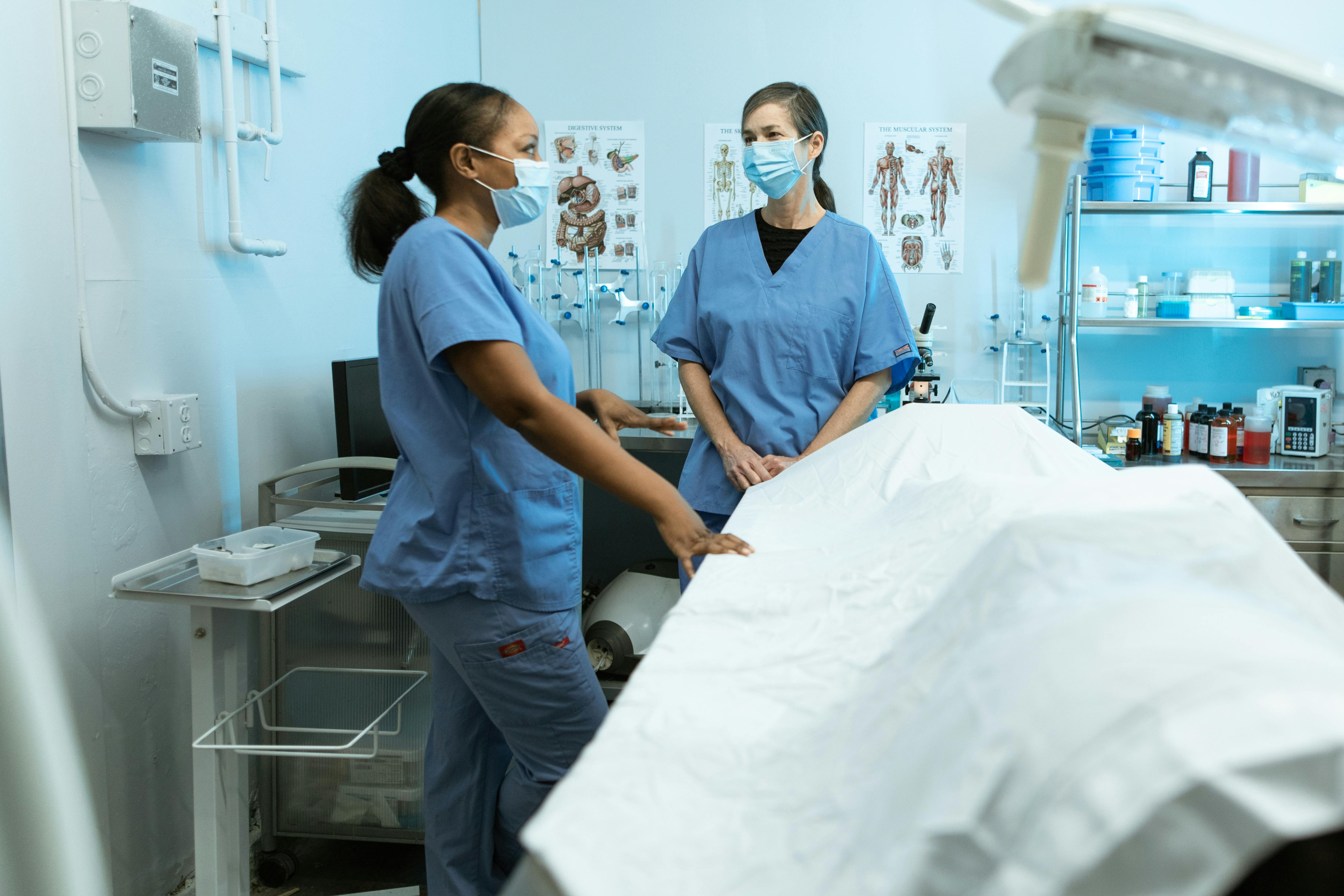
A systematic review of 14 scientific articles on studies conducted in seven countries detected a statistically significant improvement in mental health after treatment with mindfulness.
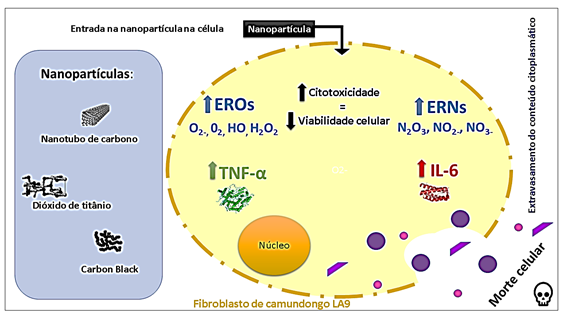
In vitro tests show that some of the materials are toxic in high concentrations and can cause inflammatory processes.
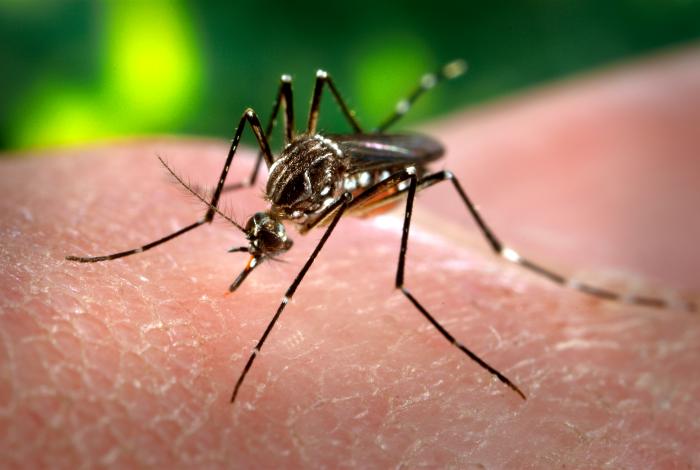
A study conducted in a medium-sized city in São Paulo state (Brazil) found that chikungunya, which has caused major epidemics in several countries, can also circulate silently in a community, with few infections for years. The researchers produced a new profile of this arbovirus, underscoring the importance of disease surveillance to predict and prepare efficiently for epidemics.

With simple audio messages and images, the Viva Vida program produced significant improvements in over-sixties living in a major city in metropolitan São Paulo (Brazil). An article on the study is published in Nature Medicine.
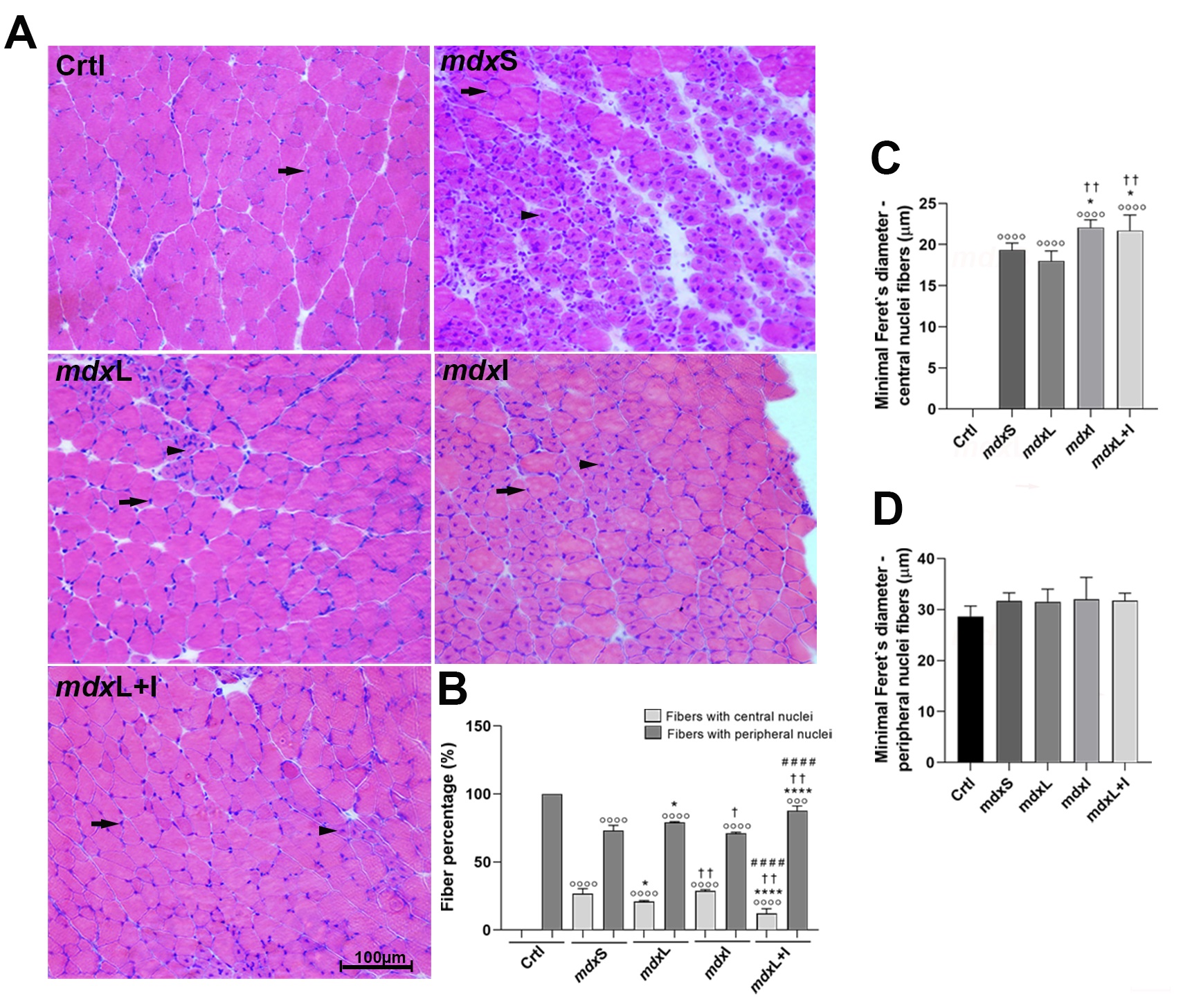
The use of photobiomodulation and an antioxidant drug called idebenone strengthened the regenerative capacity of muscle fibers in an experimental model, a study conducted at the State University of Campinas shows.
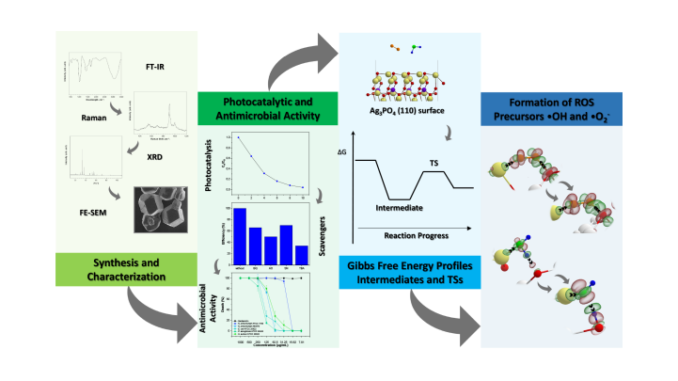
Experiment with the semiconductor silver phosphate revealed an unprecedented mechanism for the formation of reactive oxygen species – toxic molecules that can cause the death of pathogens.
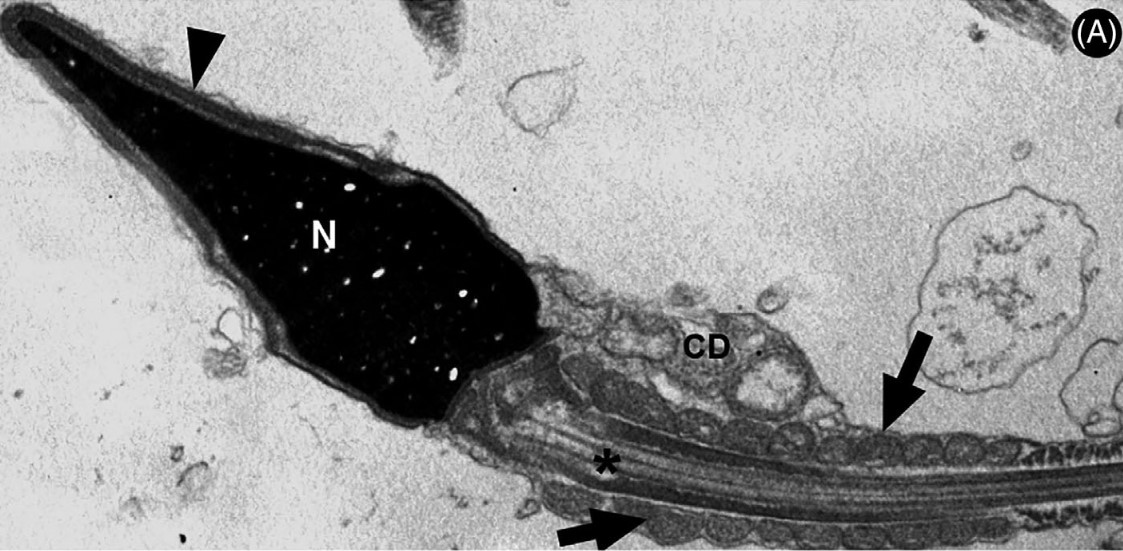
Researchers detected SARS-CoV-2 in male reproductive cells under the microscope even when PCR testing failed to detect the virus in semen. The discovery serves as a warning of possible implications for natural conception and particularly for assisted reproduction.
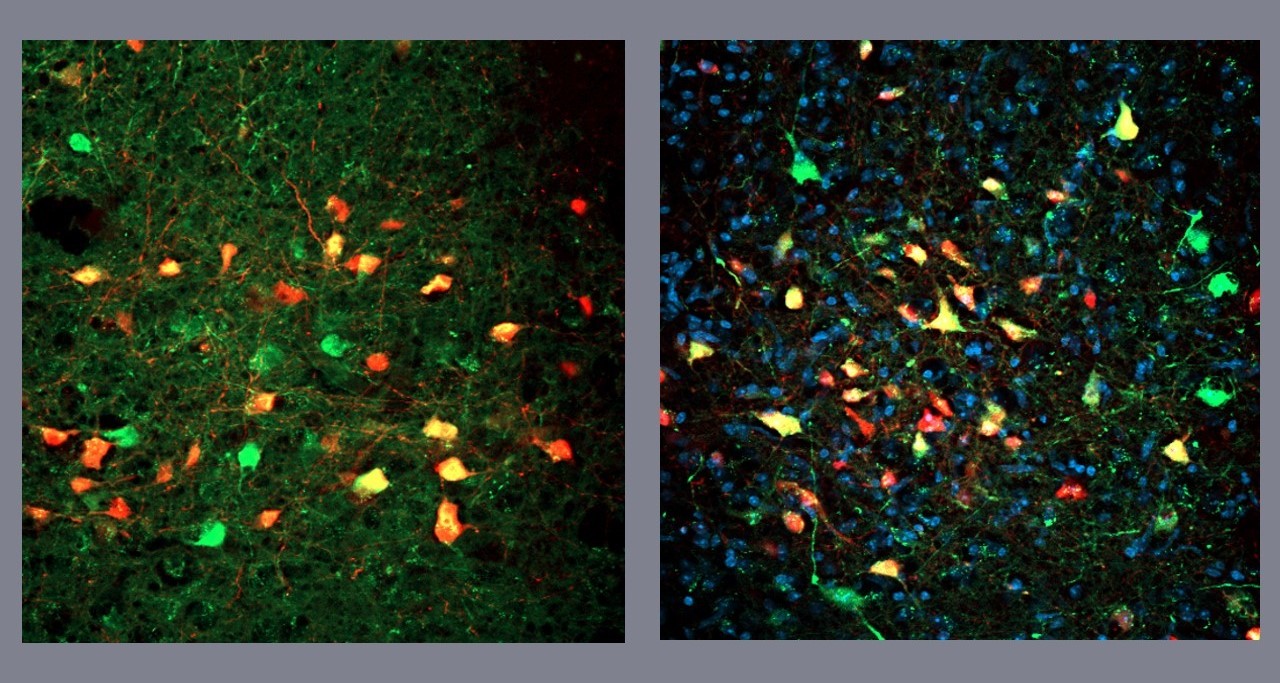
In a study involving mice, scientists used a technique that combines light stimulation and bioengineering to activate a cluster of nerve cells deep inside the brain. The discovery could pave the way to future treatment of eating disorders.
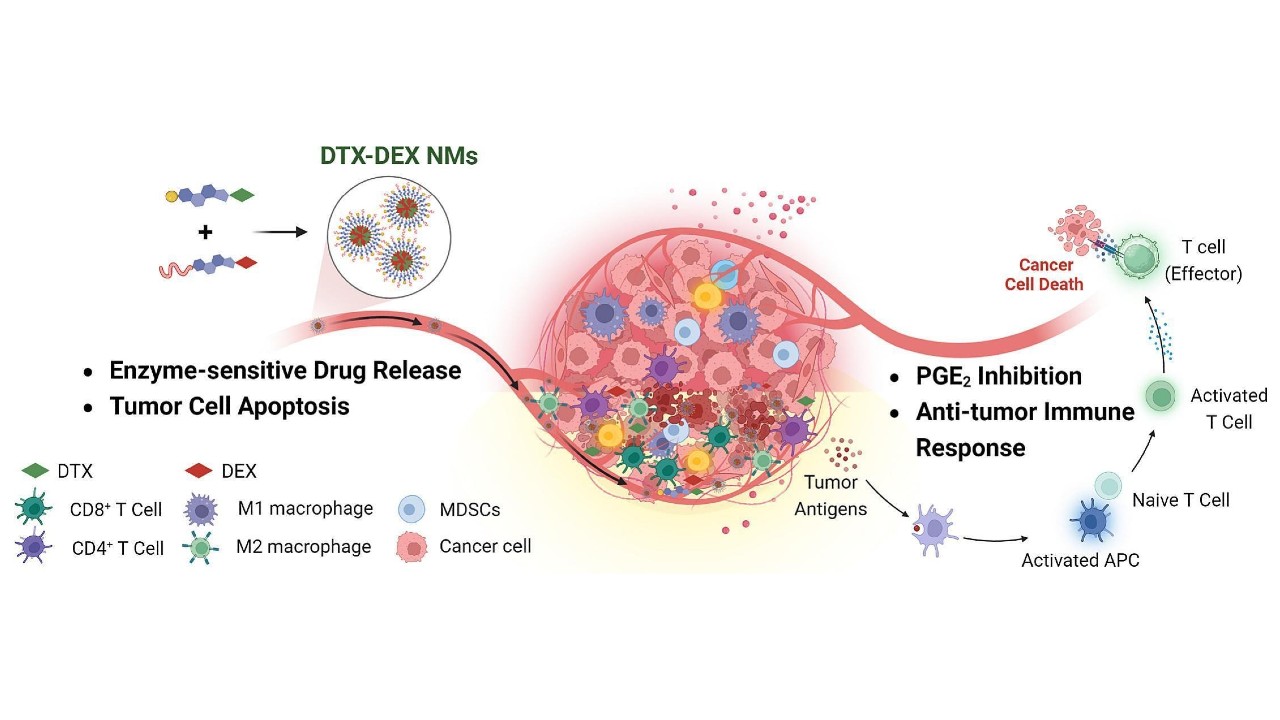
In tests involving animals, nanoparticles containing substances already approved for human use reduced inflammation in the biological microenvironment where malignant tumors flourish and facilitated the action of the immune system.
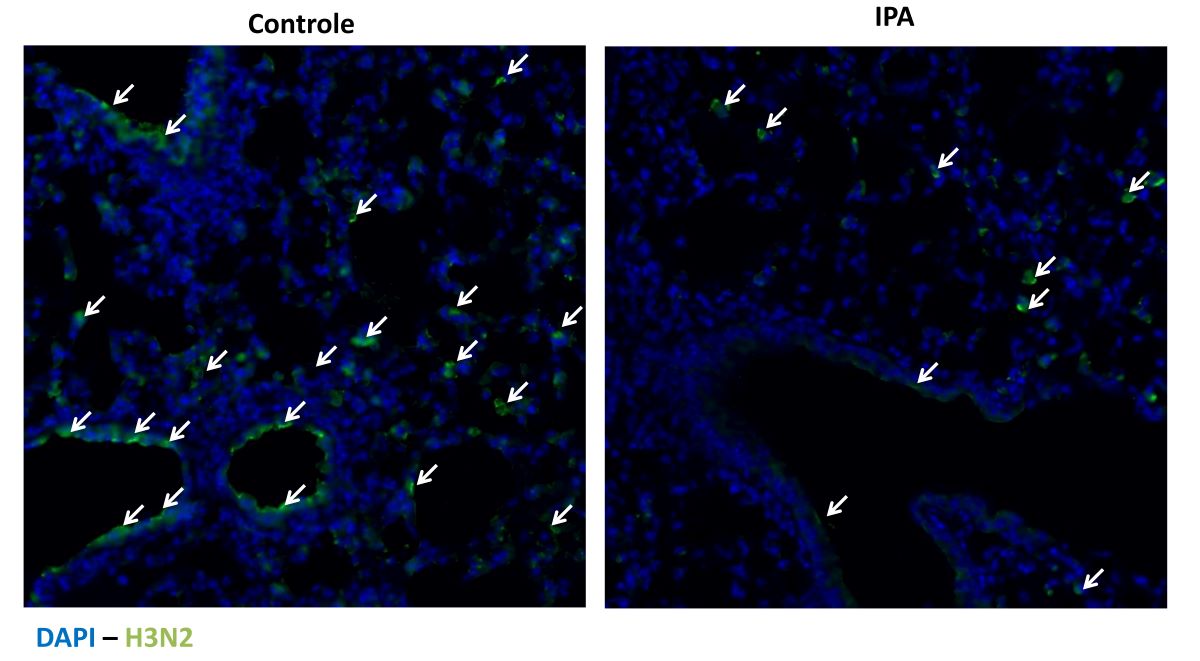
In experiments with mice, researchers at the State University of Campinas (UNICAMP) in Brazil and the Pasteur Institute in Lille (France) found that viral load and inflammation decreased in animals infected by influenza virus when they were given the substance.
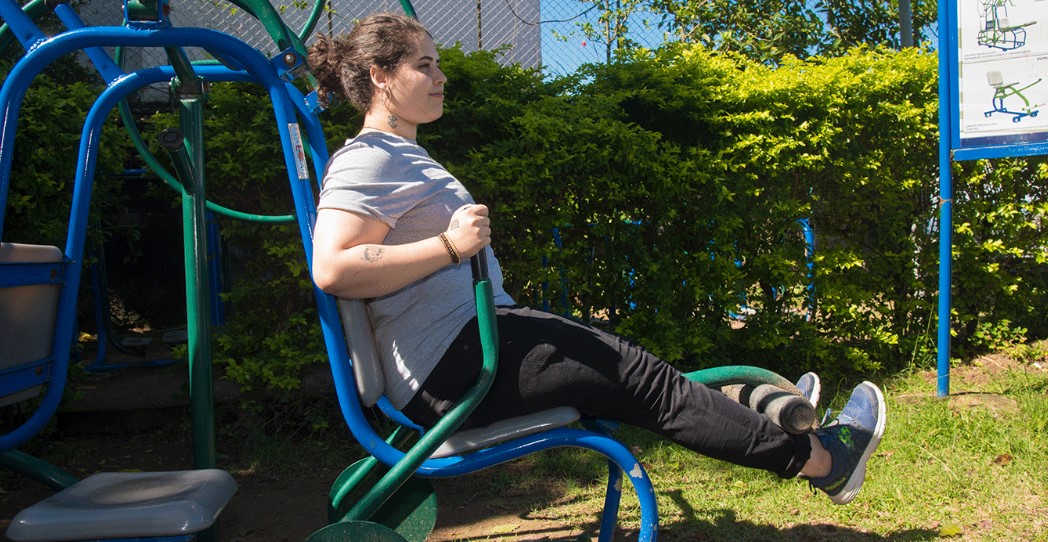
In an article published in Nature Metabolism, researchers based in Brazil and Mexico analyze the Latin American obesity epidemic from a broad perspective that includes socioeconomic, cultural and epigenetic factors. For the authors, solutions must focus on collective action rather than individualization of the problem.
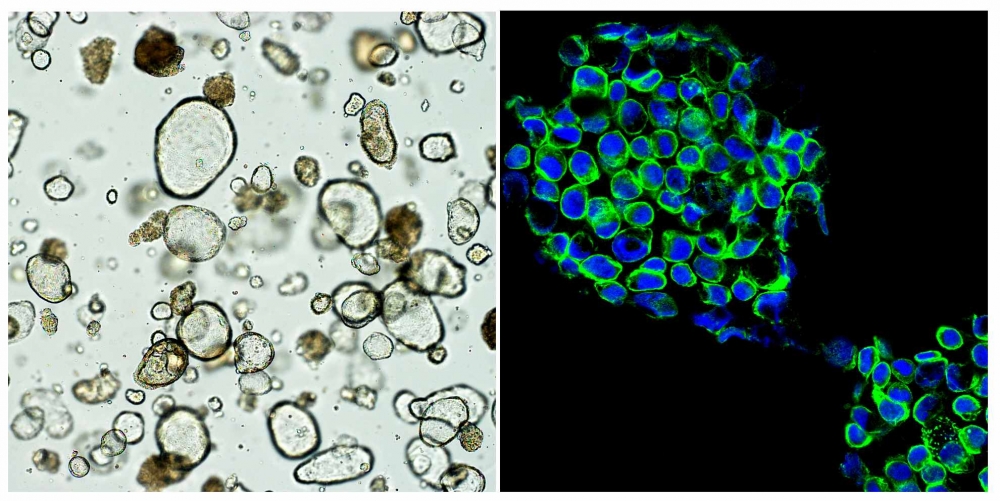
A startup supported by FAPESP is developing a methodology that will give oncologists more precise information to help them choose the best therapeutic approach.